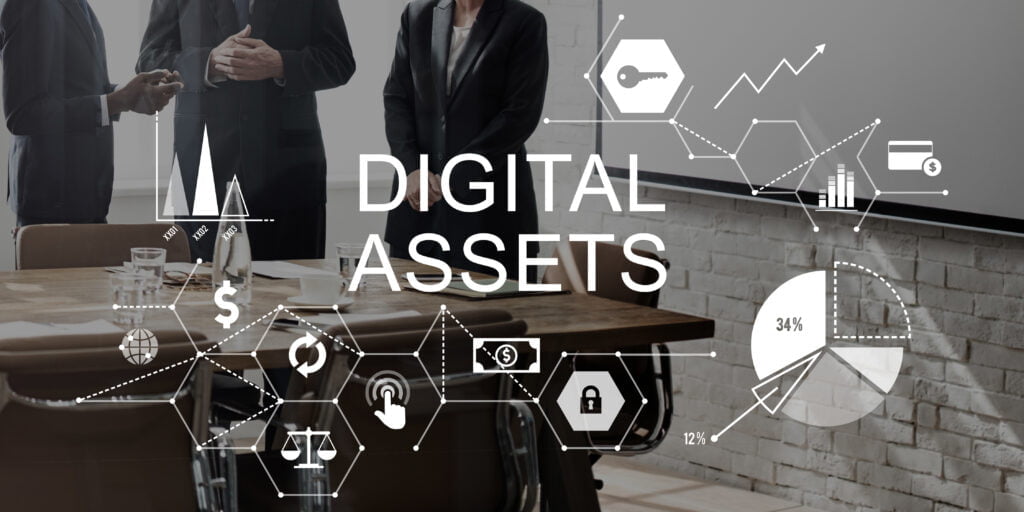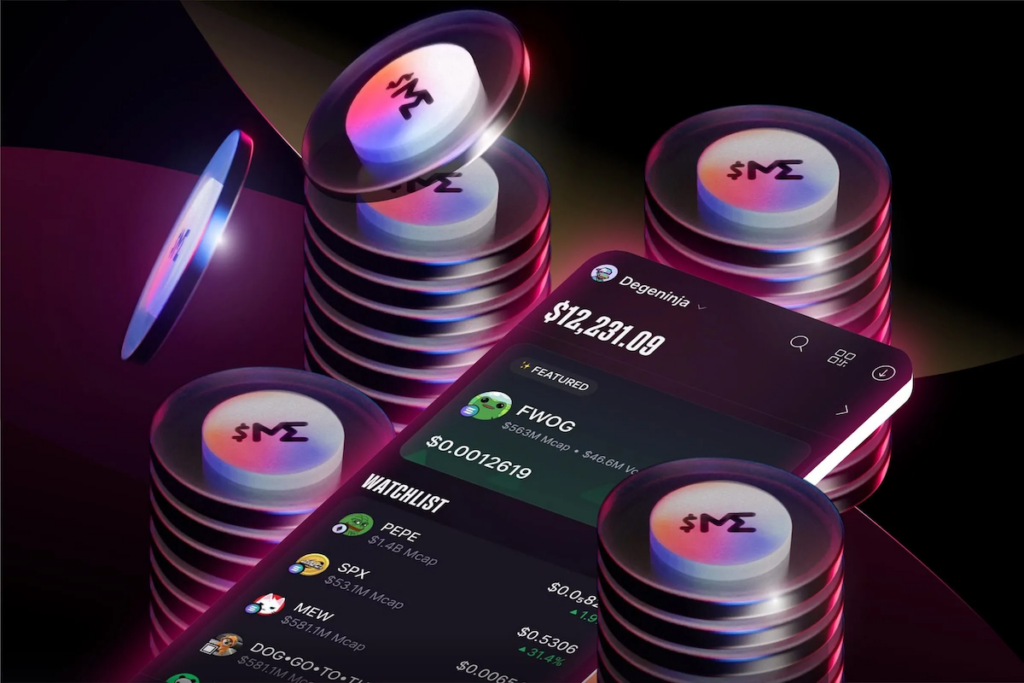You may have recently considered broadening your investment portfolio by purchasing some cryptocurrencies or even an NFT (Non-Fungible Token). Defending such assets from security breaches by cybercriminals is essential to keep them firmly under your ownership and control. Unfortunately, there is little that individual investors can do to control the rapid rise and fall of these assets’ value, given that the cryptocurrency trading market is still evolving. That said, valuable resources, tools, and strategies exist to help protect your portfolio. Discover how to protect your NFT, cryptocurrency, and other investments and keep these resources from being stolen.
How NFTs are Defined, Purchasing Methods and Determining Fraudulent Investments
NFTs, or non-fungible tokens, are investments in digital property that can be wholly unique or part of a limited set, much like conventional collectors’ items. NFTs can come in many types, including artworks, music, in-game items for use in a particular video game, videos, and more. For those unfamiliar with the term “fungible currency,” it refers to a tender that can be swapped and traded with other money or assets equal in value. You cannot freely exchange NFTs on a one-to-one basis, which makes them” non-fungible.”
It is much easier to validate ownership of a particular NFT and transfer and sell tokens, as opposed to some of the more complicated financial processes like purchasing a home or other physical property. Rather than receiving a physical item, you are buying to sole right to a digital asset, which you can own, collect, or resell.
There are a variety of ways to purchase legitimate NFTs, including visiting a company’s NFT website, like NBA Top Shot and GameStop, or using NFT markets, which include Coinbase, Axie, OpenSea, and Nifty Gateway. However, it is important to take the time to research who owns a given NFT and its storage method and location to determine its legitimacy before finalizing your purchase. You can easily accomplish this by using the services of a no-cost blockchain explorer to verify this data, such as blockchain.com.
What is the Difference Between Purchasing or Investing in Digital Assets?
Your personal views regarding centralized funds and personal privacy may be one of the most significant factors in deciding between investing in crypto and owning cryptocurrencies. If you dream of a future where decentralized, private financial services are controlled by their members, purchasing digital assets is only logical. Purchasers of cryptocurrencies and NFTs may have the option to transact for goods and services using cryptocurrencies, but only if the vendor is willing and able to receive digital payment. It should also be noted that those who purchase digital assets will need to use fiat currency to cash out and make a profit outside of the crypto ecosystem.

Investment in digital assets is much like buying them outright, but there are two notable differences: not being able to make payments and purchases using cryptocurrency and much less availability in terms of storage options. Investors cannot store investments using cold storage techniques like hardware wallets, while those who own cryptocurrencies and NFTs outright can. Investing in digital assets using a financial broker such as Robinhood will almost certainly require you to install and download an app with internet access, which could compromise the security of your smartphone or PC. Investors can only convert any investments into fiat currency and cannot pay directly using cryptocurrencies.
Learn How to Safely Sell and Store Your Cryptocurrencies, NFTs, and Other Assets
There are three commonly used methods for securing your investments in NFTs and cryptocurrency: paper wallets, hardware wallets, and software wallets. Despite technological advances and the futuristic premise of those looking to buy some investments that do not exist in the physical world, several experts in cryptocurrencies and NFTs swear that the most reliable method for protecting such assets is to use paper. Unless a cybercriminal is willing to take the time and trouble of physically breaking into a safety deposit box or traditional combination safe to retrieve your paper wallet, you can be assured that paper is impossible to hack. No matter which option you choose, always be sure to research the best crypto wallets available before making your decision.
Since you may not have the funds to purchase your own safe or access the services of a trusted bank or storage facility, having the option of a hardware wallet can offer impressive flexibility. Hardware wallets are unique portable devices that look like regular USB drives and permit the transfer and sale of investments stored via blockchain by storing and transmitting your private keys. If you are concerned about protecting these private keys from being hacked or compromised, hardware wallets prevent your private keys from being connected to the internet. They utilize “cold storage,” which severs any internet connections while still keeping your data in digital form. Before running out and purchasing the first hardware wallet you encounter, it is crucial to make sure the wallet will work well with your personal PC and favorite operating system, as well as any NFT or cryptocurrency investments you plan on making.

You can enjoy the advantages of some noteworthy security measures which will keep your data protected and private, depending on how much you are willing to spend on a hardware wallet. Such measures include creating a twelve-word sentence to unlock the wallet, using a touchscreen on the hardware wallet itself, or gaining access via several freshly generated QR codes. All of these methods will help keep your wallet safe while keeping your cryptocurrencies and NFTs safely secured. Should your hardware wallet fall victim to theft or become lost by accident, you can retain access to your investments while keeping your valuable data safe.
Software wallets are considered the least effective of these three options for keeping your assets secure. Still, they are safer and better than storing investments on a crypto-exchange where market instabilities could result in the exchange preventing you from accessing your investments. Cybercriminals use many familiar techniques to gain access to your crypto funds, such as breaching your Wi-Fi network or installing a keylogging program to steal your passwords. Since software wallets use data stored on your PC, such methods can be very effective.
After your wallet has been properly set up, you must upload the file into an NFT marketplace’s secure storage and connect your wallet as well. You may have the ability to offer potential buyers multiple options for buying NFT that you own, depending on your preferences and the available alternatives. Such choices include fixed prices designed to prompt shoppers to make a quick purchase, an auction-like process where users make bids until you get one you like or a more traditional limited-time auction over a given date range. After you agree to the terms of sale, the NFT’s blockchain will change to record the new owner and any sales terms and credit your account with the agreed-upon sum. Keep in mind that several NFT marketplaces charge a certain percentage of the final price as a term of using said service, so do not sell yourself short.
Disclaimer
Potential buyers should be aware that digital assets, including NFTs and cryptocurrencies, carry significant risks in terms of financial volatility. The recent Crypto Crash resulted in the loss of billions of dollars in value across the cryptocurrency market, calling the idea of a “stable coin” into question. Be especially careful if someone tells you that putting your valuable money into a speculative asset will be guaranteed to deliver a return on investment. Remember the Latin phrase, “Caveat emptor,” or let the buyer beware.
Prospective investors should bear in mind that cryptocurrencies and NFTs may be attractive to criminal and terrorist organizations seeking to acquire and distribute funding and as a means of targeting potential victims. This article should not be considered financial advice, and neither the author nor the Avast corporation can be held liable for any consequences thereof. The NFT and cryptocurrency market is volatile and subject to change based on unforeseen events, including federal and state legislation, changes in prices or valuation of assets, etc.
Author
-

The views and opinions expressed in this guest post are solely those of the author, and do not necessarily reflect the official policy or position of NFT News Today.




